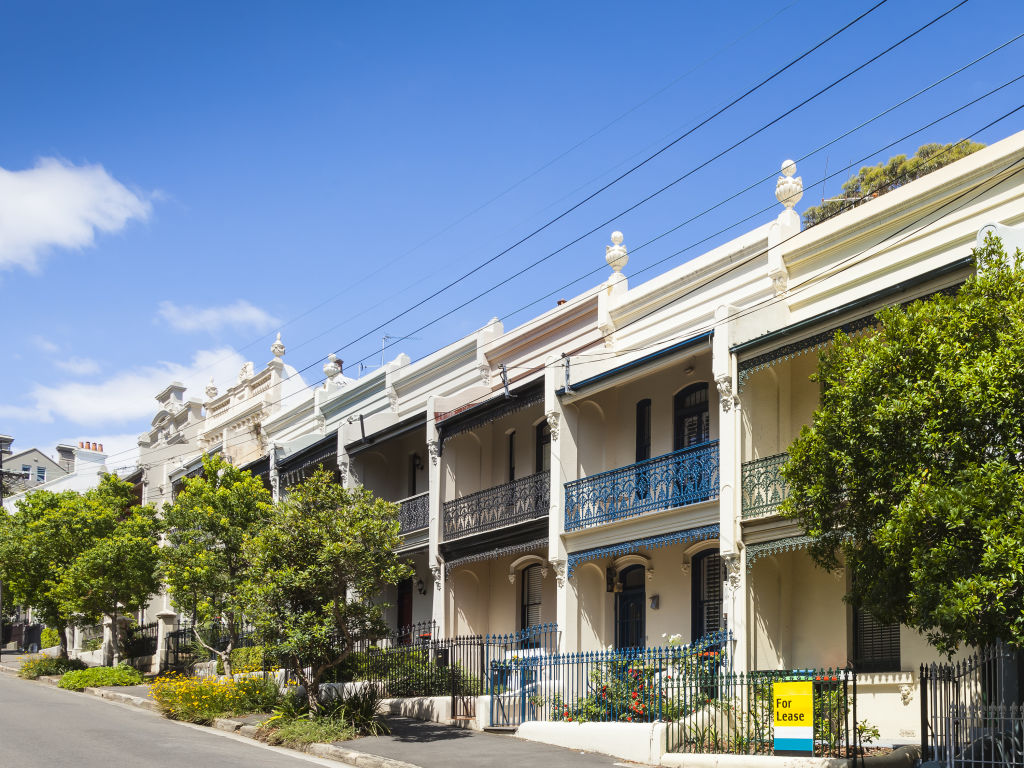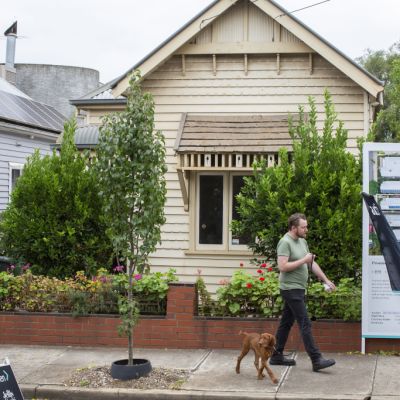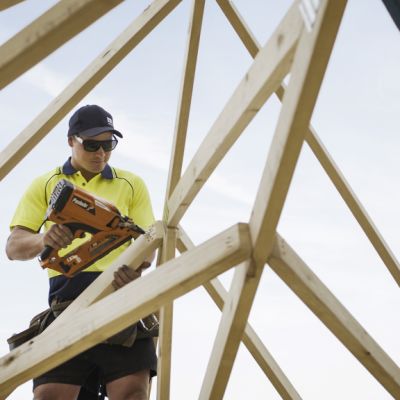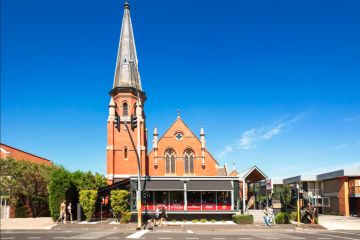Property valuers warn of 'significant uncertainty' over home valuations during coronavirus crisis

Home owners who want to know how much their property is worth face significant uncertainty, as market conditions change quickly amid the coronavirus pandemic.
Property valuers are warning their assessments could be subject to change, and have separately introduced a new standard for conducting valuations at a time when they may not be able to access the interior of houses for hygiene and social distancing reasons.
“Frankly there is no way I would allow any external service provider into my Brisbane home,” Australian Property Institute chief executive Amelia Hodge wrote in an update to members.
“My parents live in my home with my university-aged children. John and Kerrill are robust, healthy and young in mind and heart but have a serious recent pneumonia history and are in the high-risk age group.”
The body has asked members to warn of a “significant market uncertainty” when providing a valuation report because of the unknown effect that COVID-19 will have on the real estate market, adding that “the value assessed herein may change significantly and unexpectedly over a relatively short period of time”.
It also outlined ways valuers can estimate the worth of a property they can’t enter for health and safety reasons, such as walking around the building or a virtual internal inspection that may include information from the owner.
During a period of rapid change, valuers say it’s key to rely on recent comparable sales and it’s not their role to predict what prices will do in future.
“The most important thing to underline a correct valuation at the moment is access to early comparable data,” Ms Hodge told Domain.
“Quite often some of the data sets are three months old and at the moment things are changing on a fortnightly basis.”
If a home owner happens to know about a nearby property that transacted recently but which might not be available on a database yet, they could provide that evidence to the valuer, she suggested.
And in terms of a virtual inspection, perhaps using FaceTime, she warns that it needs to involve more than just looking at the photos taken to market the property. Valuers should ask questions, ask the home owner to show them different parts of the property, and ask to see building plans, she said.
AVA Property director Trevor Crittle, who focuses on the prestige market, has seen some home owners move to get their homes valued now before the housing market is affected by the weakening economy.
“A few smart people have actually thought, ‘maybe I should get my house valued now while the market’s technically still strong, before all this hits hard’,” Mr Crittle said.
“They might be looking for a new loan, or a line of credit – a lot of people withdraw equity from their house and put it in their business.”
Banks worked out how much to lend – the loan-to-valuation ratio – based on a professional valuer’s assessment of a property’s worth, so a higher valuation could mean an owner could borrow more, he said.
But he says it is a “tricky time” to work out how much a home is worth.
“The market’s been so strong,” he said. “There’s no [sales] evidence to show it’s come right off. Everyone’s nervous, but there’s no evidence yet.”
Herron Todd White director Gavin Hulcombe agreed that up-to-date sales evidence was key.
“Probably one of the most important things at the moment is looking for the most recent sales evidence,” he said.
“Valuation is at a point in time. It’s not our role to try and predict where a market would go.
“If we are looking at the most recent evidence that may be yesterday, it may be a week old, it may be a month old. If the market evidence is two or three months old, it may not necessarily be reflective of what’s happening now.”
The firm has also launched a contactless inspection tool, where valuers may rely on photos or written information from a home owner if they cannot enter a property, in conjunction with building plans or details from council websites.
We recommend
States
Capital Cities
Capital Cities - Rentals
Popular Areas
Allhomes
More










